The Mediterranean Lifestyle: Slowing Down and Savoring Life
By adopting a lifestyle rooted in sustainability, compassion, and social responsibility, individuals have the potential to make a significant impact on the health and well-being of our planet.
HOME PAGE
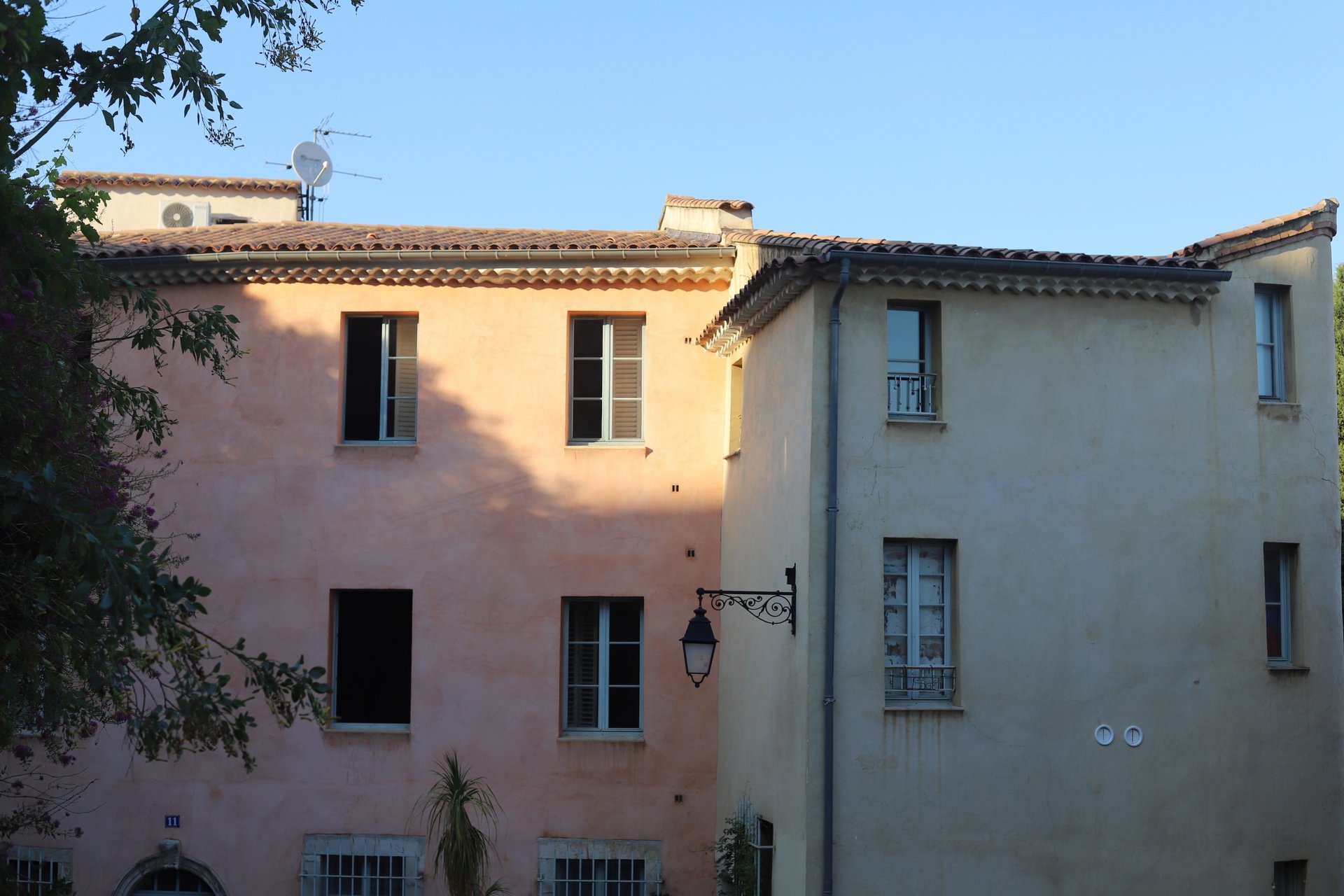
The Mediterranean Lifestyle
The Mediterranean is not just a location — it’s a way of life. Stretching across the shores of three continents, it’s home to diverse cultures, languages, and traditions, yet there’s a shared rhythm here that binds the region together.
From the golden beaches of Andalusia to the ancient harbors of Greece and the spice-scented markets of Tunisia, life here moves to a gentle, unhurried beat. It’s a lifestyle shaped by centuries of history, a favorable climate, and an enduring belief in the value of connection — to nature, to community, and to oneself.
Travelers come for the scenery and the sunshine, but they often leave with something far more lasting: an appreciation for a slower, more intentional way of living.
27/03/2024 . 1 min read
Slowing Down and Savouring Life
Enjoying Time
In much of the Mediterranean, the clock is less a ruler and more a suggestion. Life isn’t about cramming in as much as possible — it’s about making space for what matters.
In Spain, the tradition of the siesta — closing shops and taking a midday rest — is still alive in many smaller towns. In Italy, the riposo serves the same purpose: to pause, refresh, and regroup before the evening. And in Greece, mesimeri often means a long lunch followed by quiet hours until the late afternoon.
Evenings start later here. In Barcelona, dinner might not begin until 9 or 10 p.m., while in Sicily, it’s not unusual to see families with children out enjoying gelato at midnight. Time stretches, conversations linger, and there’s no rush to get home — the day unfolds in its own rhythm.
Food as a Celebration, Not a Schedule
The Mediterranean approach to food could fill entire books, but its essence is simple: fresh, local, seasonal, shared.
In France’s Provence, markets burst with fragrant lavender, ripe tomatoes, and freshly baked baguettes, all meant to be enjoyed that same day.
In Italy, a Sunday lunch might start at noon and end just before sunset, flowing from antipasti to pasta to roasted meats, punctuated by laughter and clinking glasses of wine.
In Morocco, sharing a tagine — a slow-cooked stew of meat, vegetables, and spices — is a communal experience, eaten from the same dish with warm bread as the utensil.
Meals are more than just fuel; they’re a daily celebration. The pace is slower, the portions smaller but richer in flavor, and the company is as important as the food itself.
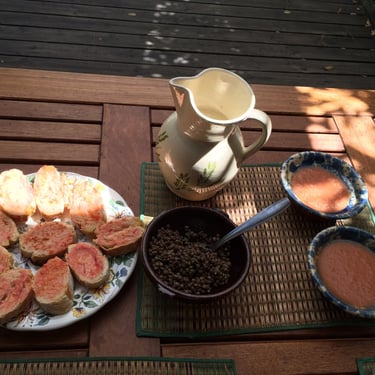
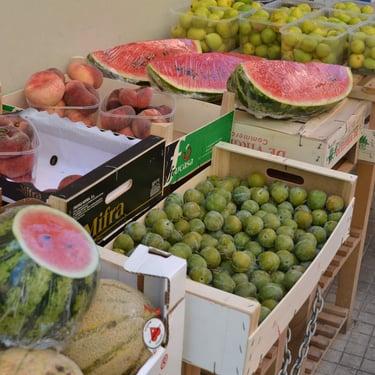
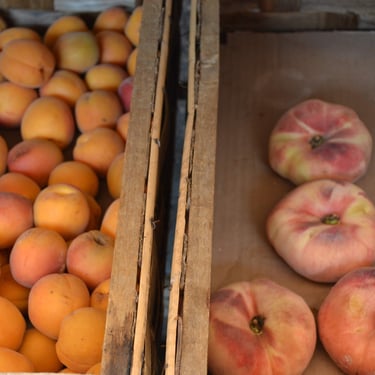
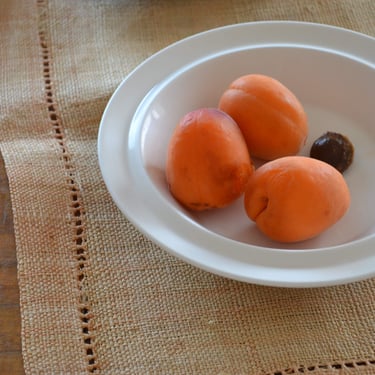
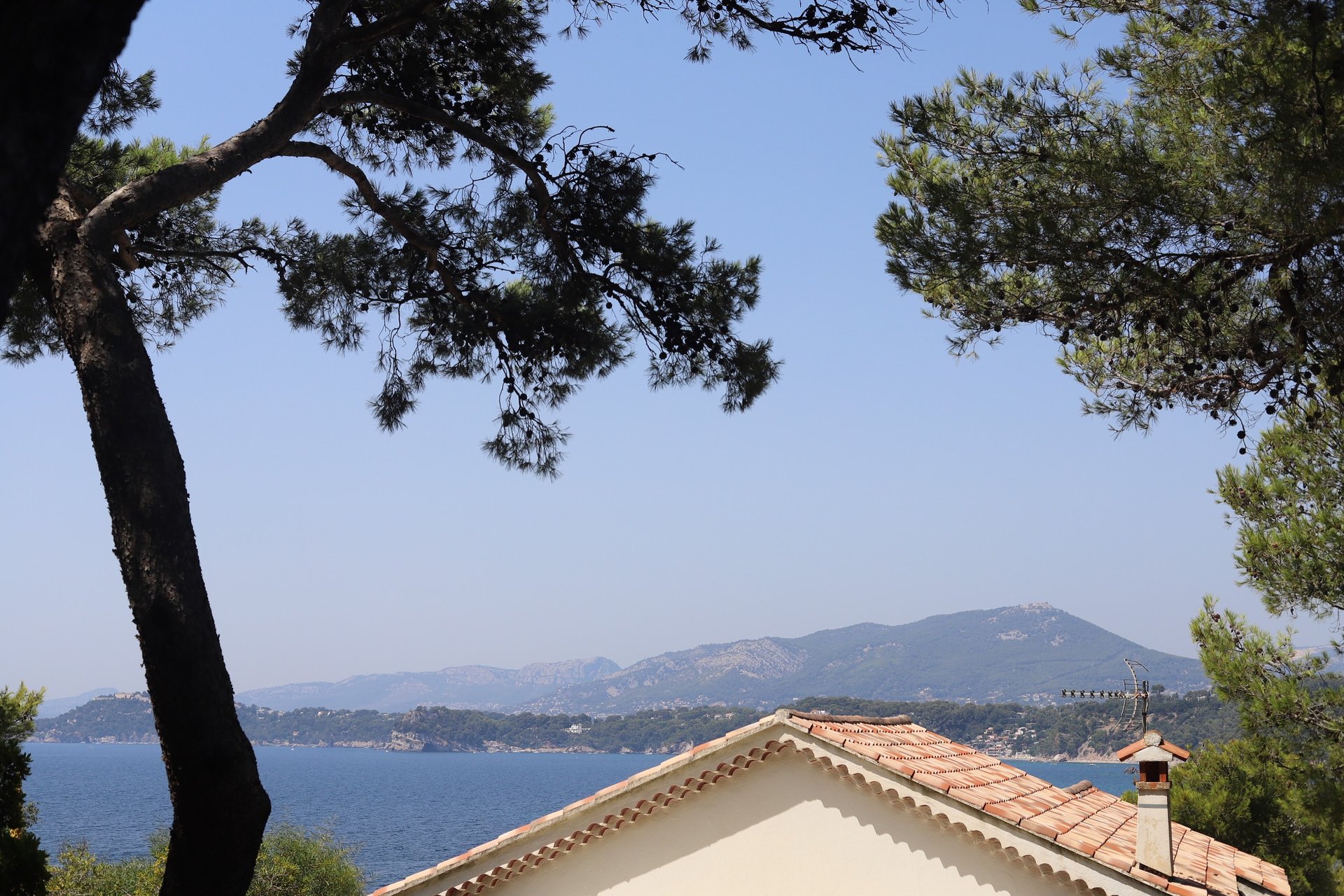
Living Outdoors Year-Round
With its mild climate and abundant sunshine, the Mediterranean naturally draws life outside.
In Nice, locals gather on the Promenade des Anglais for sunset strolls along the sea. In Athens, evenings are spent at rooftop bars with the Acropolis glowing in the distance. In Istanbul, the Bosphorus shores fill with fishermen and couples sharing tea.
Public spaces — piazzas, plateias, plazas — are the beating heart of communities. These open-air hubs host concerts, food festivals, political debates, and impromptu games of chess. The streets and squares aren’t just transit points; they’re places to linger, meet friends, and be part of daily life.
The Art of Slowing Down
The Mediterranean lifestyle challenges the fast-paced, efficiency-driven mindset of much of the modern world. Here, there’s an unspoken understanding: life isn’t about constant motion; it’s about meaningful motion.
You see it in the Greek fisherman mending his nets in the sun without glancing at the time. You see it in the café owner in Naples who takes a seat to chat with you after serving your espresso. You see it in the way neighbors greet each other with genuine curiosity about each other’s families before talking business.
This slowing down is not about doing less — it’s about doing what matters, and doing it with intention.
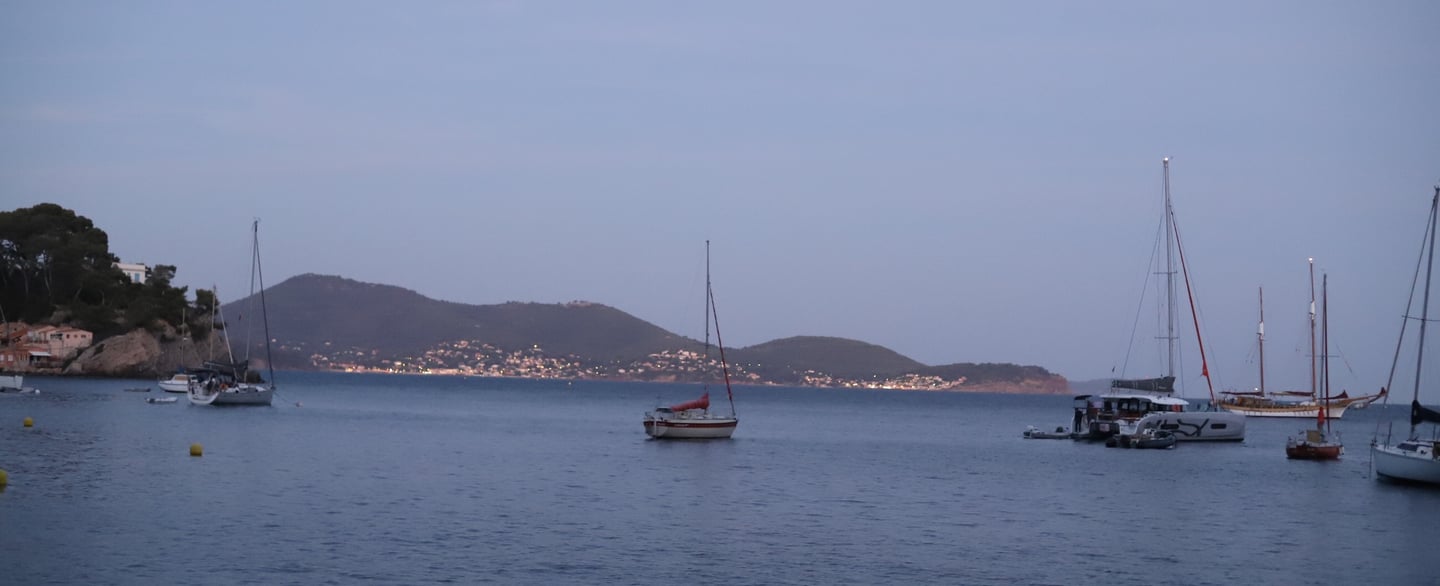

Family and Community at the Core
In the Mediterranean, the family is often at the center of social life — and "family" can mean much more than parents and children. It’s cousins, grandparents, close friends, and even the shopkeeper down the street.
In southern Italy, it’s common for several generations to live in the same building or on the same street. In rural Greece, the village functions almost as an extended family, where news travels quickly and support networks are strong.
This deep sense of belonging creates a safety net — emotional and practical — that reinforces the slower, more connected way of life.


A Philosophy to Take Home
Buy and cook with seasonal, fresh ingredients whenever possible.
Share meals with friends or family, even if it’s just once a week.
Spend more time outdoors — walking, sitting in the park, dining al fresco.
Give yourself permission to pause without guilt — a coffee break, a quiet moment, a slow stroll.
It’s not about copying every detail, but about embracing the spirit: living with more attention to the moment, more appreciation for the simple pleasures, and more openness to connection.


Why Travelers Fall in Love With It
Ask people why they love the Mediterranean, and they’ll mention the sea, the food, the weather. But often, their fondest memories are about moments that have nothing to do with sightseeing:
The shopkeeper in Dubrovnik who gave them an extra peach “because it’s sweet today.”
The long, meandering dinner in Santorini where strangers became friends.
The warm night in Seville where the music in the square kept them outside long past midnight.
The Mediterranean lifestyle is a feeling — one of warmth, ease, and human connection. And once you’ve experienced it, it’s hard to forget.